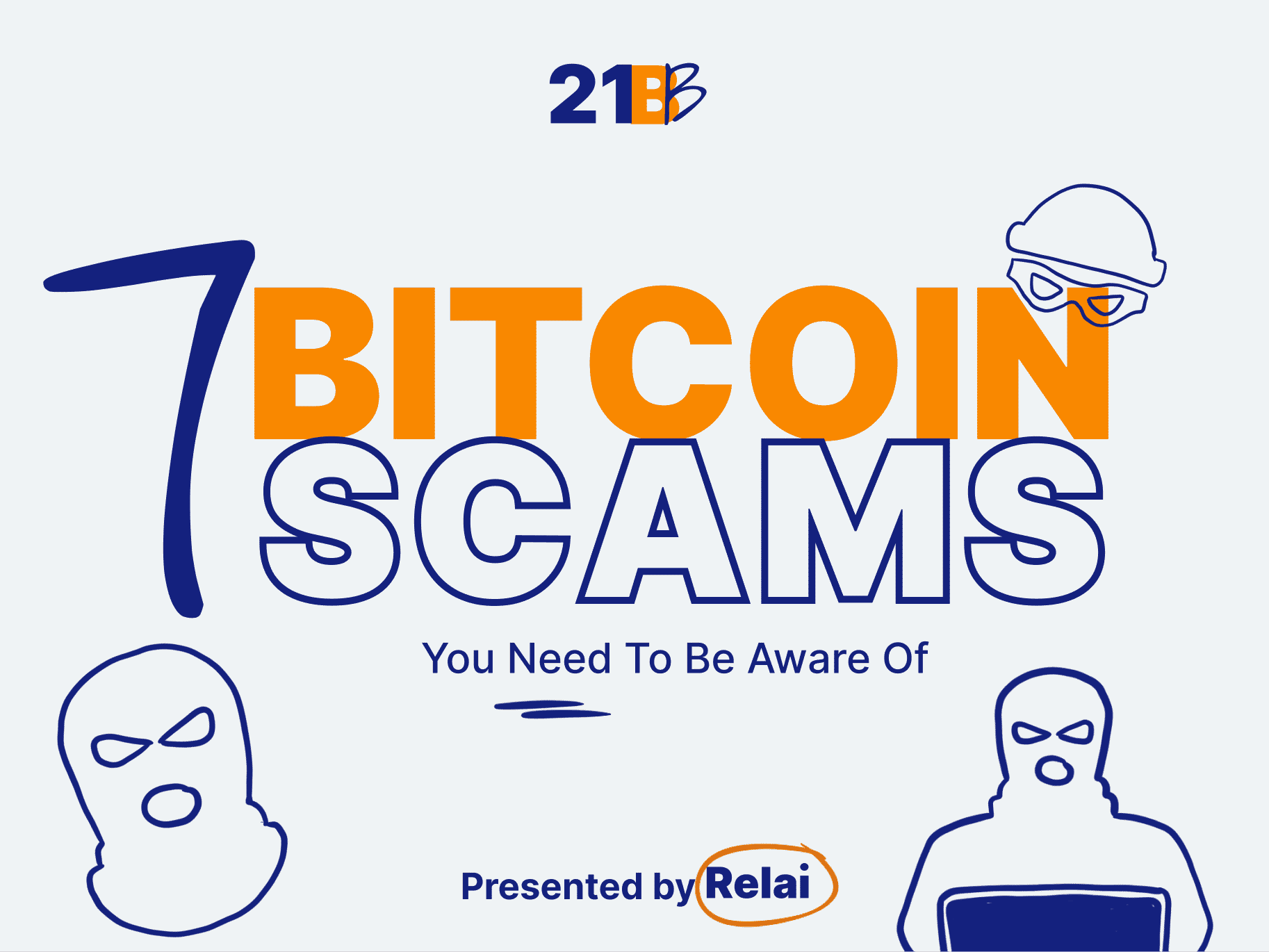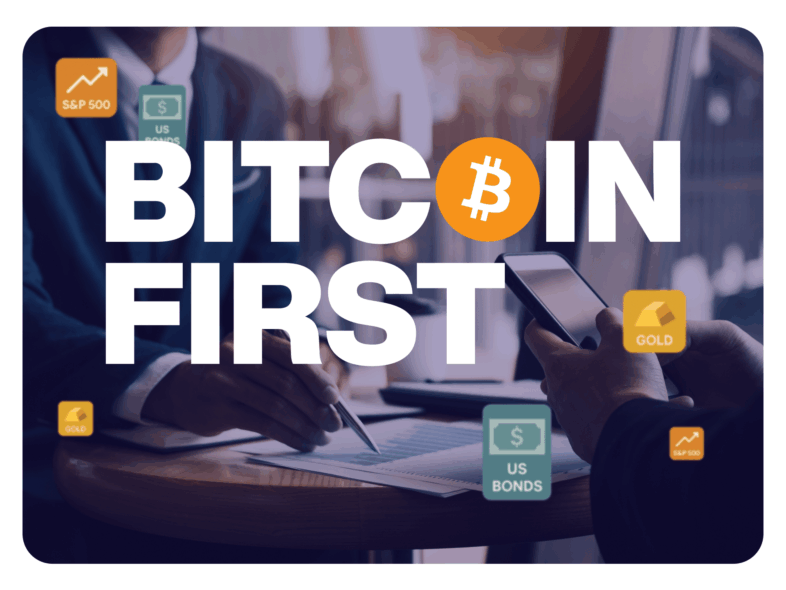Bitcoin’s massive success has attracted millions of users and investors worldwide. Unfortunately, it has become a prime target for hackers and scammers looking to steal Bitcoin holdings.
Below, we explore the most common Bitcoin scams and how to protect yourself.
1. REMOTE ACCESS & FAKE SUPPORT SCAMS
One of the most dangerous and increasingly common scams in Bitcoin involves fraudsters posing as investment advisors or customer support representatives from well-known Bitcoin platforms. These scammers use convincing tactics, leveraging real platform names and professional-sounding language to appear credible. They target both new and experienced Bitcoin users, often preying on those who may be seeking help with their accounts or are eager to grow their investments.
The scam usually begins with an unsolicited message, email, or call from someone claiming to represent a legitimate Bitcoin platform. These scammers might say they’ve noticed an issue with your account, spotted a security risk, or found an opportunity to enhance your investments. They aim to earn your trust by presenting themselves as helpful and knowledgeable professionals.
In the case of “investment advisors,” they often request that you install remote access software such as Anydesk or TeamViewer to assist with securing your account or setting up your investments. However, once access is granted, they control your device and conduct unauthorized transactions, draining your wallet.
Similarly, in fake customer support scams, fraudsters reach out via social media, messaging apps like Telegram, or even email, claiming to assist with an “urgent” account issue. They then ask for sensitive details like your wallet recovery phrase or exchange login credentials. Once they obtain this information, your funds are immediately stolen.
These scams exploit users’ trust in Bitcoin platforms and their eagerness to resolve problems or capitalize on opportunities. It’s crucial to stay vigilant and recognize these tactics before falling victim.
If someone contacts you claiming to be from a Bitcoin platform, immediately end the conversation and report it to the company through their official website. Never install remote access software at the request of anyone claiming to be from a crypto company.
How the Scam Works:
- Scammers pose as “investment advisors” or “customer support representatives” from reputable platforms
- They initiate unsolicited contact, claiming account issues or opportunities for gains
- They request remote access to your device or sensitive information like recovery phrases or login credentials
- Once access or information is provided, they steal your Bitcoin
Red Flags:
- Unsolicited contact claiming to represent a Bitcoin platform
- Requests for remote access to your device (e.g., via Anydesk or TeamViewer)
- Urgent claims of account issues or guaranteed returns
- Communication outside official channels
- Requests for wallet recovery phrases, private keys, or login credentials
Prevention:
- Never install remote access software at anyone’s request
- Legitimate Bitcoin platforms will never initiate contact or ask for sensitive information
- Verify all communications by directly contacting the company through its official website
- Keep your recovery phrases, private keys, and login credentials confidential
- Use only official customer support channels for any inquiries
By understanding these scams and staying cautious, you can protect your Bitcoin and avoid falling prey to these increasingly sophisticated fraudsters.
2. PHISHING EMAIL SCAMS
If you spend time online, you will most likely receive phishing emails in your inbox.
Phishing scams involve tricking people into giving away login credentials to sensitive accounts to steal funds, identities, or other personal data.
Bitcoin phishing scams usually entail receiving an email that tells you that there’s a security breach at a Bitcoin exchange where you have an account and need to immediately log on to change your password to secure your account. However, instead of sending you to the exchange’s website, the email will contain a link to a phishing website, almost replicating the exchange’s website. Once you input your login credentials or private keys into your wallet, scammers will use them to steal your bitcoin.
To avoid falling victim to a Bitcoin phishing scam, never click on links in an email or social media message to access Bitcoin services. Instead, always go to the official website or application.
Moreover, never give away your recovery phrase or wallet backup file.
How It Works:
- Scammers send emails claiming there’s a security breach on your account
- The email contains a link to a fake website resembling a trusted exchange
- Once you input your credentials or private keys, they steal your funds
Red Flags:
- Emails with urgent security warnings
- Links to websites that look slightly off (e.g., a misspelled URL)
- Requests for private keys or recovery phrases
Prevention:
- Never click on links in unsolicited emails
- Always access Bitcoin services via official websites or apps
- Avoid sharing recovery phrases or wallet backup files
3. FAKE BITCOIN APPS
Unfortunately, there are fake Bitcoin apps designed to steal funds from users who download the app to store Bitcoin and occasionally make it into app stores.
To avoid becoming a victim of a fake wallet or exchange app scam, always download mobile applications from official sources, like the company website.
That way, you can rest assured that you will not inadvertently download a Bitcoin-stealing app.
How It Works:
- Users unknowingly download fake wallets or exchange apps
- The app intercepts your private keys or credentials and sends them to the scammers
Prevention:
- Only download apps from the official website of a Bitcoin platform
- Double-check the developer’s credentials and app reviews
4. SOCIAL MEDIA SCAMS
Cybercriminals increasingly use social media to target bitcoin holders to steal their funds. Unfortunately, social media scams come in different forms and aren’t always obvious to first-time Bitcoin buyers.
For example, a common scam you see on Twitter or YouTube is an impersonator claiming they will double your Bitcoin if you send BTC to a specific address. Of course, you never see that money again, and you don’t get to double your Bitcoin.
Alternatively, some scammers claim to raise funds for a specific cause by posting a Bitcoin wallet address. However, instead of donating to a cause, the bitcoin ends up in the scammer’s hands.
How It Works:
- Impersonators claim they’ll double your Bitcoin if you send it to their wallet
- Fake fundraising campaigns use emotional appeals to solicit donations
- Scammers pose as influencers promoting giveaways or investment opportunities
Red Flags:
- Promises of guaranteed returns or doubled Bitcoin
- Posts soliciting donations with a wallet address
- Unverified accounts posing as public figures or companies
Prevention:
- Avoid engaging with unsolicited offers on social media
- Verify all accounts and claims through official channels
5. BITCOIN MALWARE
Cybercrime is a booming business, and Bitcoin is a popular target for hackers because of the irreversibility and relative privacy of Bitcoin transactions. As a result, bitcoin-stealing malware has emerged to target the bitcoin holdings of unwitting investors.
While there is a suite of Bitcoin malware, arguably the most malicious software is the one that scans your laptop for your wallet’s private keys or backup files. Once the malware has found them, it sends them to the hacker, who then uses them to steal your bitcoin.
Purchase high-quality antivirus software and a malware detection program to avoid accidentally downloading Bitcoin malware. Moreover, don’t download any files sent from unknown senders.
How It Works:
- Malware scans your device for wallet keys or backup files
- Once located, the malware sends them to the hacker, who steals your Bitcoin
Prevention:
- Install high-quality antivirus software and a malware detection program
- Avoid downloading files from unknown sources
- Regularly update your software for better security
6. BITCOIN CLOUD MINING SCAMS
After the difficulty of Bitcoin mining increased to a level where at-home mining became unprofitable for most people, so-called cloud mining operations emerged.
Bitcoin cloud mining involves buying a mining contract from a cloud mining provider to deploy a specific hash rate at their facilities on your behalf. The cloud mining contract buyer receives mining rewards for the hashrate they purchased, while the cloud mining provider that runs the machines charges a fee for their service.
On paper, bitcoin cloud mining doesn’t sound like a bad idea. However, mining contracts typically state that if the price of Bitcoin drops below a certain threshold that makes mining unprofitable, the machines will be switched off, and the agreement ceases to be valid. Moreover, cloud mining providers charge fees that eat into users’ mining profits, resulting in many unprofitable cloud mining contracts.
While cloud mining has received a bad reputation for its lack of profitability and its high risk, most so-called cloud mining operations have been scams, run as Ponzi schemes.
Instead of mining Bitcoin, they encourage their victims to onboard more users to receive high referral fees, which are used to pay existing users their non-existing “mining rewards.” Once the operators have made enough money, they just shut down the operation by claiming they have been hacked. At this point, getting your money back is next to impossible.
The best way to avoid cloud mining scams is to avoid cloud mining altogether. While there are a handful of legitimate cloud mining companies, you are better off mining at home or buying and HOLDing Bitcoin.
How It Works:
- Scammers sell mining contracts with promises of high returns
- Victims are encouraged to onboard new users for referral fees
- The scheme collapses when operators disappear with the funds
Red Flags:
- Unrealistic profit promises
- Heavy emphasis on recruiting new users
- Contracts that become invalid if Bitcoin prices drop
Prevention:
- Avoid cloud mining services altogether
- Consider purchasing Bitcoin directly or mining at home if feasible
7. BITCOIN HYIPS
High-yield investment programs (HYIP) are fraudulent investment schemes that claim to deliver high daily returns. However, they are just Ponzi schemes that pay existing users’ “returns” with money brought in from new users who “invest.” Eventually, the scammers disappear with all the funds in the scheme.
Bitcoin HYIPs operate on the same model, except that Bitcoin is the transactional currency used.
How It Works:
- Scammers use new investors’ money to pay earlier participants
- Once funds dry up, the scammers disappear
Red Flags:
- Promises of extremely high or guaranteed returns
- Lack of transparency or detailed business operations
Prevention:
- Avoid platforms that sound too good to be true
- Stick to trusted Bitcoin investment practices like HODLing
Prevention: Avoid any platform promising returns that sound too good to be true.
Key Takeaways
Protecting yourself from Bitcoin scams requires vigilance and a healthy dose of skepticism. Follow these best practices to stay safe:
- Keep private keys and recovery phrases secure.
- Never share sensitive information or install remote access software.
- Use only official apps, websites, and support channels.
- Be wary of unsolicited offers, emails, or social media messages.
- If it sounds too good to be true, it probably is.
Disclaimer: Relai services are exclusively recommended for Swiss and Italian residents. None of this content constitutes investment advice. Always conduct your own research before investing in any digital asset.





